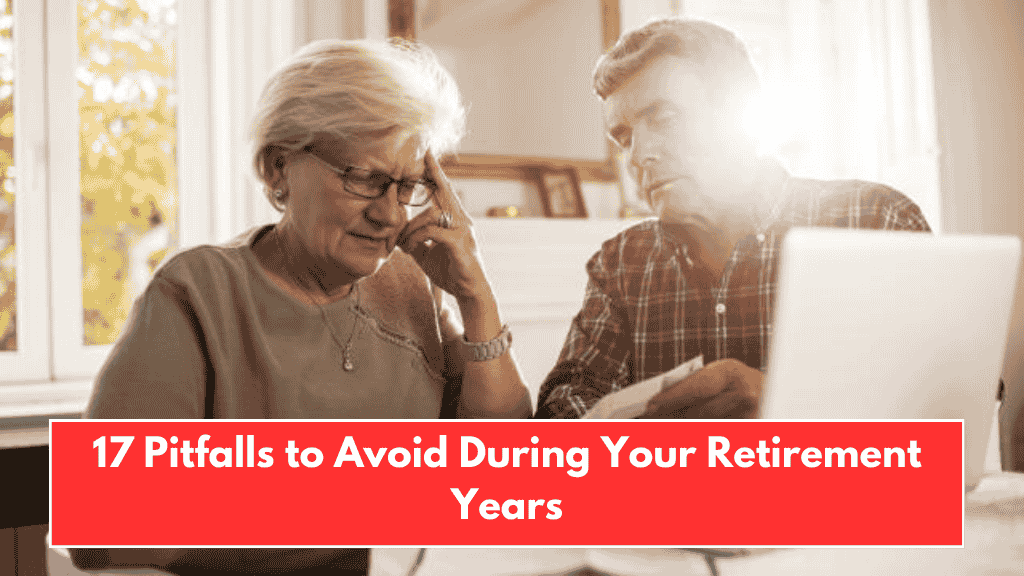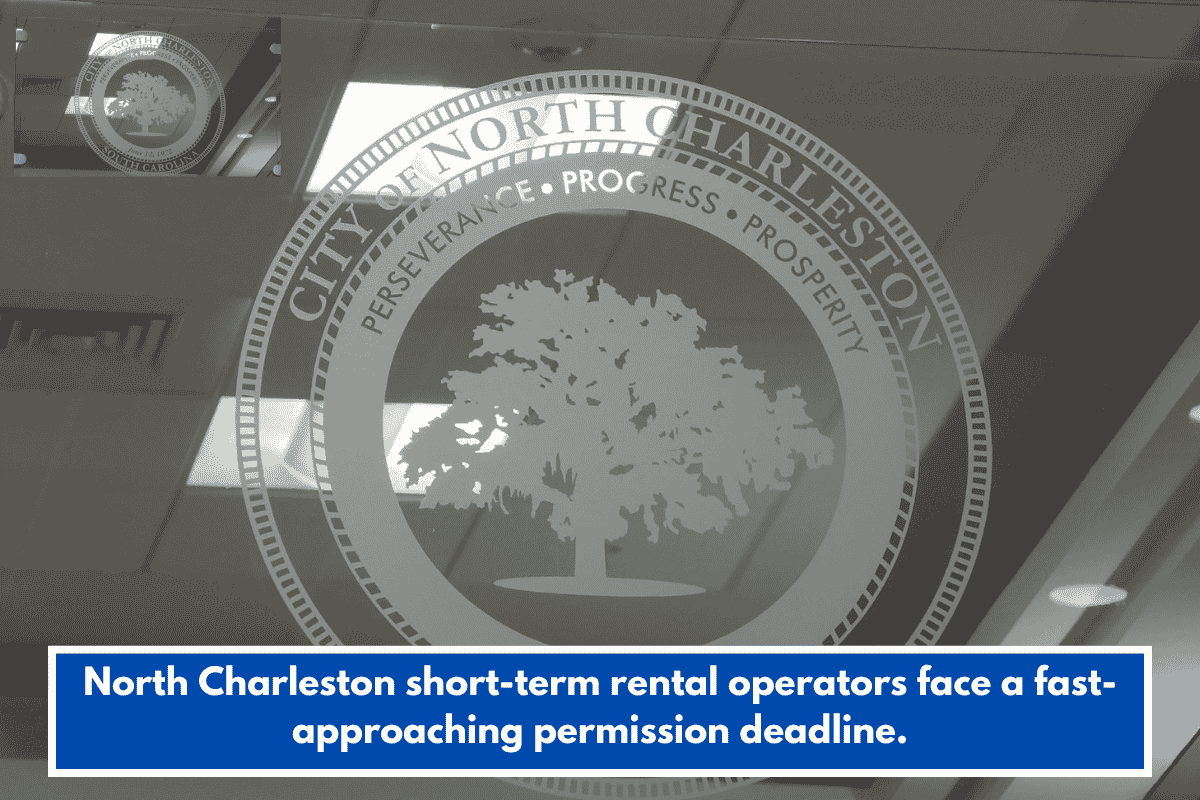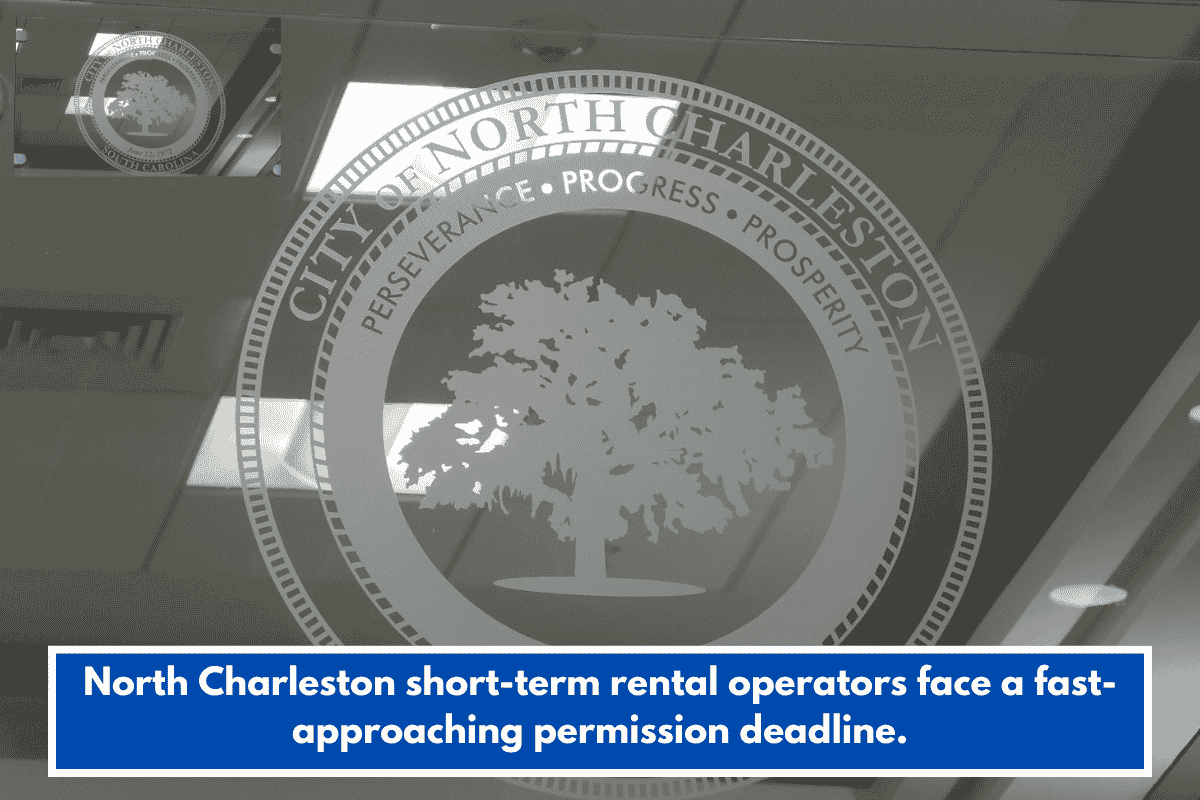Retirement is a dream for many people who have spent years working hard. The idea of no longer having to follow a strict schedule, enjoying golf games, book clubs, and early dinners sounds wonderful. However, retirement can also come with its share of challenges and worries. One of the biggest fears is running out of money before you’ve lived out your golden years. Another concern is unexpected medical expenses as you age.
While you can’t predict everything that will happen during retirement, there are a few mistakes to avoid to ensure you remain financially secure and healthy. By steering clear of these common retirement pitfalls, you can enjoy your retirement with peace of mind.
1. Moving Just for Fun
Many retirees dream of moving to a new destination in their retirement. However, moving for the wrong reasons—like simply following a dream—can lead to disappointment. Places like Florida and the Carolinas may seem ideal due to warm weather and no state income tax, but not everyone enjoys these areas as much as they expect.
Instead of committing to a new location immediately, consider renting in your chosen area for a season or two. That way, you can be sure you’re making the right decision.
2. Falling for Bad Offers
Scams targeting seniors are unfortunately common. In 2023, U.S. residents aged 60 and over lost a combined $3.4 billion due to fraud. Scammers may impersonate government officials or financial institutions, making their offers seem legitimate.
To avoid falling for scams, remember the golden rule: if it sounds too good to be true, it probably is. Never provide personal information to unsolicited callers, and always verify claims directly with trusted institutions.
3. Isolating Yourself
Retirement can sometimes lead to loneliness, especially if you were social at work or don’t have a large family. Staying socially active is important for mental and physical health. Even if you prefer spending time alone, try to find activities that allow you to meet others, like joining a book club or attending community events.
Social isolation can lead to depression and early death, so staying connected is key.
4. Continuing to Work
Many retirees plan to work part-time for extra income or to stay active. However, this plan may not always work out as expected. Health problems, layoffs, or difficulty staying up-to-date with your skills can interfere with your ability to keep working.
It’s best to plan your retirement as though you won’t be able to rely on working for additional income. That way, if things don’t go as planned, you won’t be caught off guard.
5. Claiming Social Security Too Early
While you can claim Social Security benefits at age 62, doing so early will reduce your monthly payments by up to 25%. If you can, it’s better to wait until your full retirement age (around 66) or even age 70 to claim your benefits. The longer you wait, the higher your payments will be.
6. Keeping the Same Lifestyle
When you retire, you’re likely living on a fixed income. This means you’ll need to adjust your lifestyle to stay within your budget. This could mean reducing spending on dining, clothes, and entertainment.
Keep in mind that healthcare costs tend to rise as you age, so it’s important to make adjustments now to avoid financial struggles later.
7. Sticking with Risky Investments
When you were working, it made sense to invest in aggressive growth funds. These funds often experience sharp ups and downs but generally provide good returns over the long term.
However, once you retire, you should focus on more conservative investments. You may need to access your savings quickly, so it’s safer to move investments to more stable, short-term options.
8. Cashing Out Pension Too Soon
Many retirees cash out their pensions for bigger returns through more aggressive investments. While this may seem appealing, it carries risks. You could end up losing a significant portion of your pension if the market doesn’t perform well.
Before cashing out, it’s advisable to consult a financial advisor and carefully consider the pros and cons of your decision.
9. Paying More Taxes Than Necessary
Having multiple retirement accounts might seem like a good idea, but it could lead to unnecessary tax payments. Different retirement accounts are taxed differently, and by spreading your assets across multiple types of accounts, you could end up paying more taxes than necessary.
Before making any major changes, consult a certified financial planner to determine the best approach for your situation.
10. Supporting Grown Children
While it’s natural to want to support your children even when they’re adults, continuing to provide financial help to self-sufficient children can quickly drain your retirement funds. It’s important to ensure that your children can financially take care of themselves without relying on you during retirement.
11. Relying on Your Home’s Equity
Many retirees are “house-rich but cash-poor,” meaning their homes have high value but they lack liquid assets. Some consider using their home’s equity for additional funds, but taking out a reverse mortgage or home equity loan could lead to long-term financial problems.
Instead, consider downsizing to a smaller home or living in an RV to save money and enjoy a different lifestyle.
12. Giving Up Hobbies
Retirement is an opportunity to explore new hobbies, but don’t abandon the ones you’ve always loved. Keeping up with your long-standing hobbies will help you stay engaged and satisfied with life. Whether it’s painting, gardening, or yoga, make time for the activities you enjoy.
13. Paying for Unnecessary Home Repairs
Renovating your home during retirement is tempting, but it can be risky for your budget. Research from Houzz and Home found that 31% of people went over budget with their renovations. While it may be fine when you have a steady income, going over budget could be problematic on a fixed retirement income.
Be cautious when making home improvements and focus on necessary repairs rather than upgrades.
14. Purchasing Excess Life Insurance
At retirement age, you likely have fewer debts and fewer people depending on you financially. Purchasing additional life insurance may not be necessary. Life insurance premiums can be very expensive at retirement age, and you might be paying for more coverage than you need.
15. Using Out-of-Network Medical Providers
Healthcare costs are one of the biggest expenses in retirement. To keep costs down, make sure to use in-network providers and avoid out-of-network medical providers, which tend to charge higher fees. Research your insurance options to find the most affordable care.
16. Stopping Exercise
Physical activity is crucial for maintaining health in retirement. Regular exercise can help prevent mobility issues and improve your overall well-being. Even low-impact exercises like walking and swimming can improve your health and reduce the risk of falls and depression.
17. Extreme Decluttering
While downsizing or decluttering can be a good idea, it’s important not to throw away important documents. Business records, tax papers, and other important files should be kept for a certain number of years, even after retirement. Check with a lawyer to ensure you’re keeping the necessary documents and get advice on what to dispose of safely.














